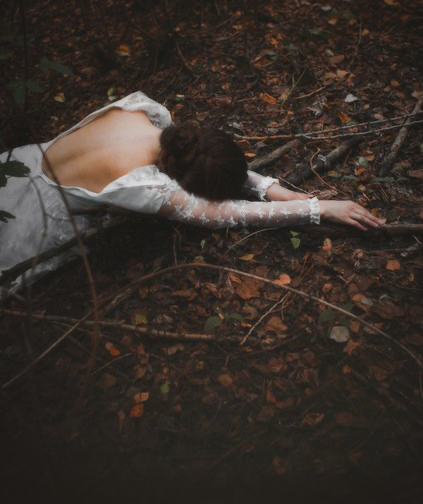
Ryatah
WHEN I WAS SHIPWRECKED I THOUGHT OF YOU
IN THE CRACKS OF LIGHT I DREAMED OF YOU
His apology snags against an already-existing crack in her chest, and pulls it apart just a little further.
Because she wonders what she has done to make her children think that she needs to be avenged; that they must become killers themselves when something happens to her. For all her faults (and they are innumerable), murder has never been one of them—not even when Carnage had lifted her own hoof over the paralyzed xenomoph’s head, positioned her so perfectly to where all she needed to do was do it. But she had looked down and all she could see was Ripley, and she thinks that it would be a different version of the same thing in every situation. She has loved too many, has tossed her own roots so far that they were tangled everywhere. Anyone that she was faced with killing she is certain she would see the echoes of someone she loves, or had once loved, and she would never be able to see the action through.
Or perhaps she is just a coward, and these are her excuses—just as innumerable as her failures.
Perhaps the fault does not lie in the idea that she has failed her children because they think they need to seek revenge, but rather she is the flawed one because she seems to be the only one that does not look for it.
“Sela,” she murmurs his name again, and she steps closer to him. Gently, she brushes her nose against his cheek, follows a glimmering crack of ice along his skin with her touch before withdrawing. “You don’t need to kill anyone. I would never want, or expect, you to do something like that. I would never want anyone to have a reason to come after you, and especially not at my expense.” She doesn’t know if Gale would have done that, but she does know that part of his fixation had been on angels specifically—like Sela. She does not think Gale held any special dislike for her, and that if it had not been her, it would have been Sela, Este, or Baptiste. She’s glad it was her, even if she had not been entirely aware of the sacrifice when she made it.
Because she wonders what she has done to make her children think that she needs to be avenged; that they must become killers themselves when something happens to her. For all her faults (and they are innumerable), murder has never been one of them—not even when Carnage had lifted her own hoof over the paralyzed xenomoph’s head, positioned her so perfectly to where all she needed to do was do it. But she had looked down and all she could see was Ripley, and she thinks that it would be a different version of the same thing in every situation. She has loved too many, has tossed her own roots so far that they were tangled everywhere. Anyone that she was faced with killing she is certain she would see the echoes of someone she loves, or had once loved, and she would never be able to see the action through.
Or perhaps she is just a coward, and these are her excuses—just as innumerable as her failures.
Perhaps the fault does not lie in the idea that she has failed her children because they think they need to seek revenge, but rather she is the flawed one because she seems to be the only one that does not look for it.
“Sela,” she murmurs his name again, and she steps closer to him. Gently, she brushes her nose against his cheek, follows a glimmering crack of ice along his skin with her touch before withdrawing. “You don’t need to kill anyone. I would never want, or expect, you to do something like that. I would never want anyone to have a reason to come after you, and especially not at my expense.” She doesn’t know if Gale would have done that, but she does know that part of his fixation had been on angels specifically—like Sela. She does not think Gale held any special dislike for her, and that if it had not been her, it would have been Sela, Este, or Baptiste. She’s glad it was her, even if she had not been entirely aware of the sacrifice when she made it.
AND IT WAS REAL ENOUGH TO GET ME THROUGH —
BUT I SWEAR YOU WERE THERE
@Selaphiel
